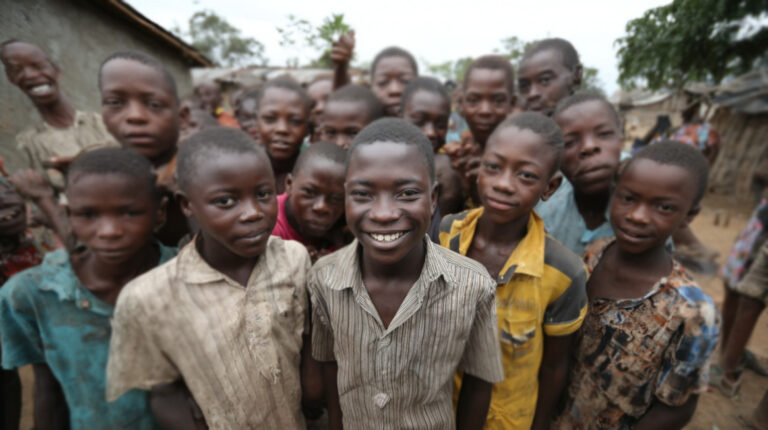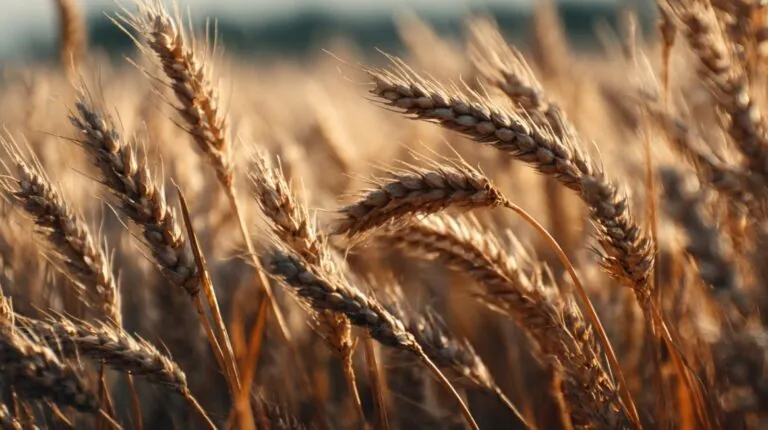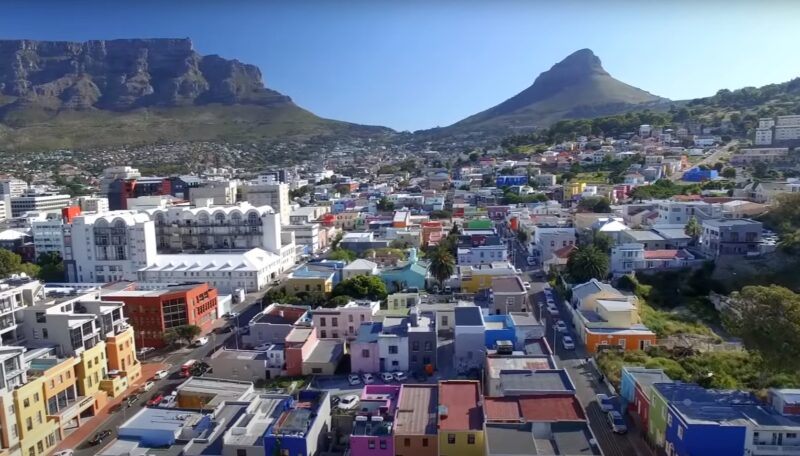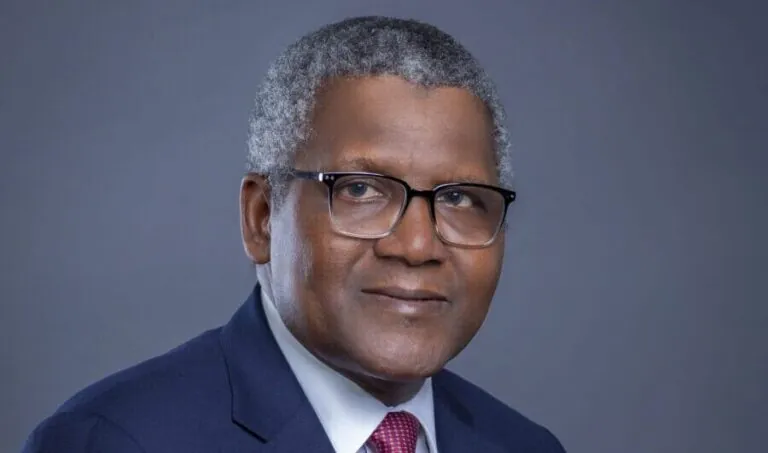There are 54 countries in Africa today, according to the United Nations.
Most of them have borders that were drawn during the era of European colonialism.
Since independence, African states have frequently been hampered by instability, corruption, violence, and authoritarianism.
The continent has 12 urban areas with more than five million inhabitants and more than 7,500 secondary cities with fewer than 500,000 inhabitants.
12. Johannesburg, South Africa
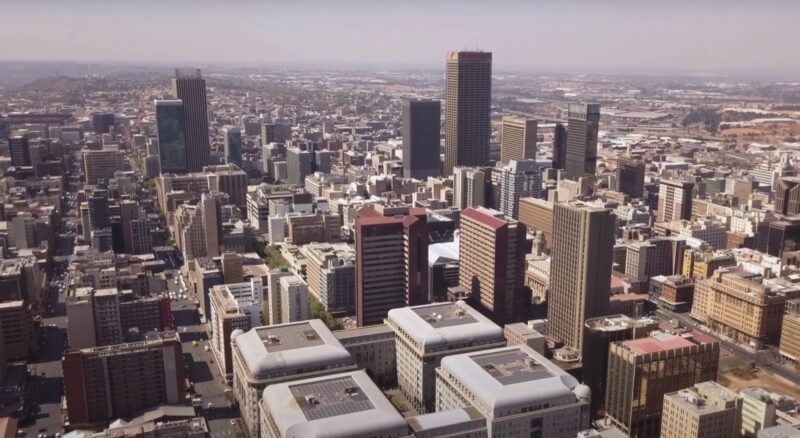
As the largest city in South Africa, Johannesburg is a major economic hub with a thriving business sector.
The city is home to the Johannesburg Stock Exchange and boasts a diverse range of industries, including finance, mining, and telecommunications.
With a population of over 5.6 million people, Johannesburg offers a vibrant mix of cultures, making it an exciting destination for travelers.
The City is also known as the City of Gold, or ‘eGoli’ because of its beginnings as a gold-mining town, it is known fondly to locals by the shortened ‘Joburg’, or now more popularly as ‘Jozi’.”
Some must-visit attractions include the Apartheid Museum, Wild Waters ‘beach within reach’, Constitution Hill, and the Cradle of Humankind.
The five official languages spoken in the area of the City of Johannesburg, namely isiZulu, Sesotho, Setswana, English and Afrikaans.
Is it safe to walk around Johannesburg?
The good news for potential visitors is that most crime in Johannesburg is petty in nature.
Yes, violent crime still does occur, but this is largely confined to specific areas of town (where you shouldn’t go).
The vast majority of crime, where tourists are concerned, is rather minor and opportunistic in nature.
“Johannesburg is so diverse that you can find any type of food you want, from Ethiopian to Italian. Just don’t be surprised if they put braai sauce on everything!” – Loyiso Gola, South African comedian
11. Gaborone, Botswana
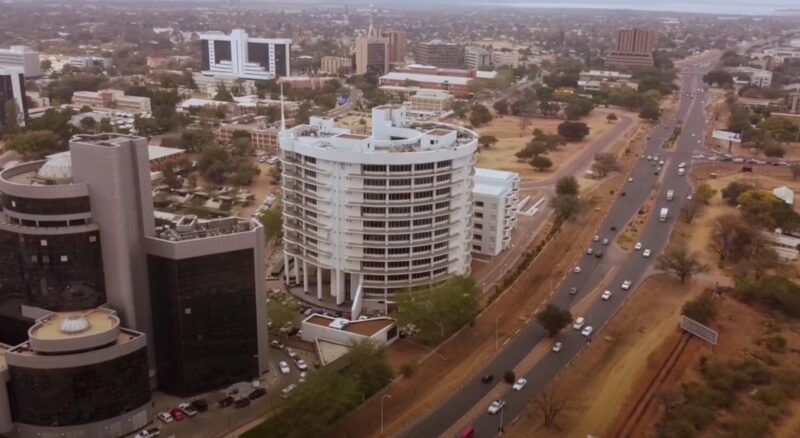
“Gaborone is a city that is growing and changing rapidly, but it still retains its unique character and charm.” – Rough Guides
Southern Africa’s Gaborone is a spectacular, mind-blowing, and gorgeous region with a dynamic infrastructure, stable politics, and a thriving culture.
This city, the economic capital of Botswana, has a development that is unmatched on the continent.
There is both an economic hub and a tourism hotspot and this is the key to its quick development.
Good afternoon from Gaborone, Botswana 🇧🇼 – Africa’s greatest city? pic.twitter.com/8TSyoqsC2m
— Larry Madowo (@LarryMadowo) April 6, 2023
This city is one of the world’s major diamond-producing countries with numerous companies and the Botswana Stock Exchange.
Gaborone is also home to the Southern African Development Community (SADC), a regional economic community established in 1980.
“Gaborone is a city of contrasts, where modern buildings stand next to traditional huts, and donkeys and cattle share the roads with cars.” – Lonely Planet.
10. Tunis, Tunisia
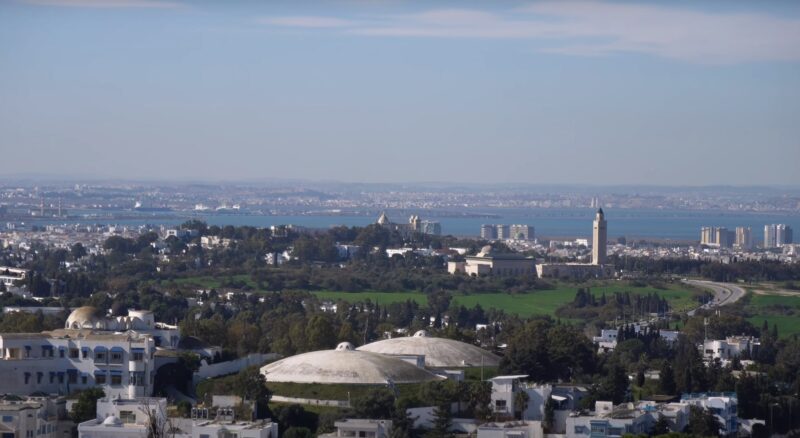
With over 2,600,000 residents, Tunis has consistently been one of the most developed cities in Africa.
This Arab country in North Africa represents both the aspirations of freedom and struggles against terrorism that roils the region.
The capital is a major hub for history, culture, trade, and tourism. This significant port city is one of the most popular tourist destinations in North Africa.
Among the city’s attractions are its thermal baths, dating from the time of Rome’s Antonine emperors (who reigned in the 2nd century), the heights of Sīdī-Bū Saʿīd, the exoticism of its markets (suqs), and the mosque of Al-Zaytūnah (8th century), the oldest and most venerated monument in Tunis.
Is it safe to travel there now?
Well, if you avoid all protests, and move away from gathered crowds than the answer is yes.
Keep up to date with developments through the media and follow the instructions given by the Tunisian authorities as well as your hotel and tour operator, if you have one.”
Is Tunisia cheap?
It is a pretty cheap country to visit.
A less visited part of the North African coast, its tourism industry isn’t quite as developed as Egypt or Morocco, which makes it an excellent place to go if you’re somebody who likes to take the road less traveled.
Even Alcohol is completely legal in Tunisia, however, sales are banned on Fridays as well as during Ramadan.
“Dar es Salaam’s name means ‘Haven of Peace.’ So if you’re looking for a place to chill, this is it – just don’t forget to bring your swimsuit for those beautiful beaches!” – Jokate Mwegelo, Tanzanian comedian
9. Cape Town, South Africa
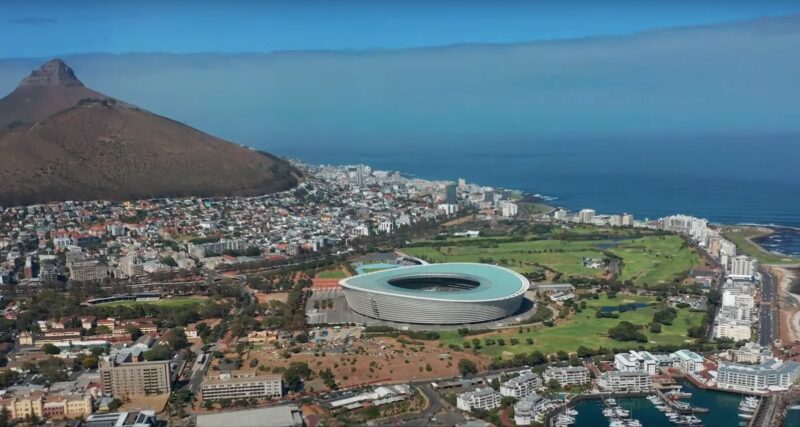
Being home to iconic mountain ranges, stunning natural wonders, thrilling landscapes and ocean vistas, Cape Town offers no shortage of adventures.
Known as the adventure capital of South Africa, the lifestyle of locals and visitors alike centers around the outdoors and an active lifestyle.
With stunning natural beauty, this city is nestled between the Atlantic Ocean and the majestic Table Mountain.
The coastal city is famous for its picturesque beaches, world-class wineries, and rich history.
Cape Town’s economy is driven by tourism, manufacturing, and the service sector, making it one of the most prosperous cities in Africa.
Don’t miss out on visiting the iconic Table Mountain, Robben Island, and the colorful Bo-Kaap neighborhood.
“Cape Town’s Table Mountain is one of the oldest mountains on the planet, making it older than some grandmas’ recipes!” – Trevor Noah, South African comedian
8. Cairo, Egypt
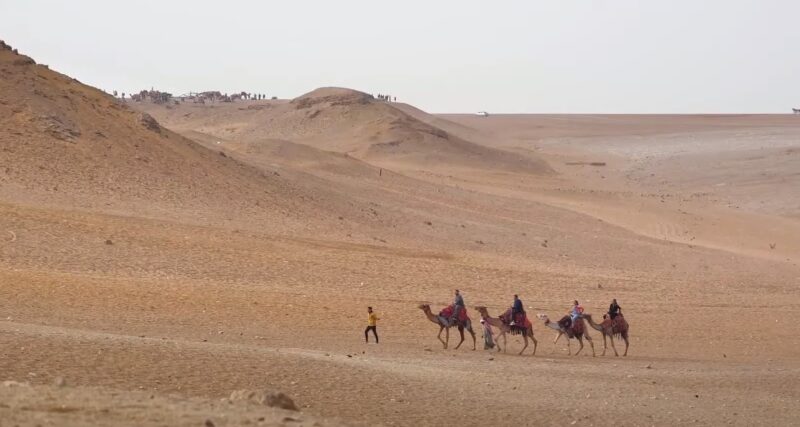
As the largest city in Africa, Cairo is a bustling metropolis with a rich history that spans thousands of years. Home to the Great Pyramids of Giza, the Sphinx, and the Egyptian Museum, Cairo is a treasure trove of ancient wonders.
The city’s economy is primarily driven by tourism, industry, and agriculture, with a population of over 20 million people.
Be sure to explore the historic Islamic Cairo district, Khan el-Khalili bazaar, and take a cruise along the Nile River.
Terrorist attacks could occur anywhere in Egypt. Potential targets include religious sites and tourist locations.
“Cairo’s traffic is so chaotic that if you can cross the street unscathed, you’ve basically earned an honorary degree in survival.” – Bassem Youssef, Egyptian comedian
7. Nairobi, Kenya
According to Knight Frank’s Africa Horizons Report 2021/22, Nairobi, the capital of Kenya, is the best city in Africa.
Known as the “Green City in the Sun,” this city is a lush, vibrant place that serves as the economic and political hub of country.
The city is home to numerous international organizations, including the United Nations Office at Nairobi and the African Union.
Nairobi’s diverse economy is driven by sectors such as finance, technology, and tourism, with a population of over 4.4 million people.
Must-see attractions include the Nairobi National Park, David Sheldrick Wildlife Trust, and the Giraffe Centre. Some areas have increased risk due to crime, terrorism, civil unrest, and kidnapping.
A single person estimated monthly costs are 480.7$ (68,981.4KSh) without rent.
Nairobi is 71.1% less expensive than New York (without rent).
Rent in Nairobi is, on average, 89.9% lower than in New York.
“In Nairobi, you can go on a safari and spot wild animals, or you can just try to navigate the city’s roundabouts – both are equally adventurous!” – Eric Omondi, Kenyan comedian
6. Lagos, Nigeria
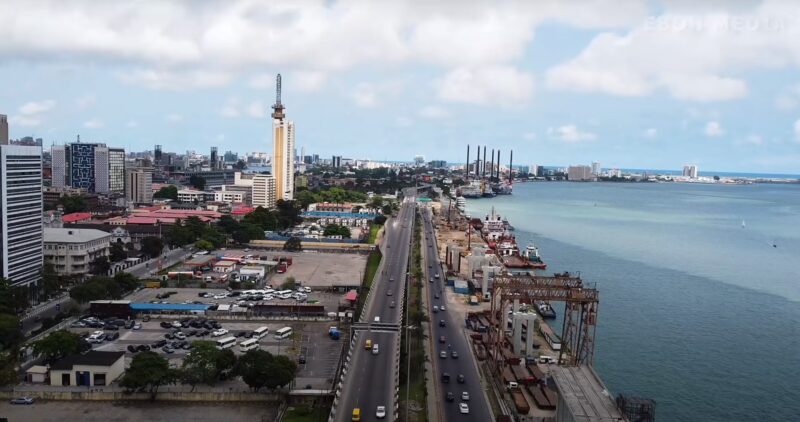
As the largest city in Africa, Lagos is a dynamic, fast-paced metropolis with a thriving arts and culture scene.
The city is home to Africa’s largest port and a population of over 21 million people, with many rich people.
Lagos is a major African financial center and is the economic hub of Lagos State and Nigeria at large.
This place has a very important influence on commerce, entertainment, technology, education, politics, tourism, art, and fashion in Africa.
The city is also known for its beautiful beaches, including Bar Beach, Eleko Beach, and Tarkwa Bay Beach.
In Lagos, traffic is so unpredictable that you might need a time machine to accurately plan your commute.
Lagos is home to several iconic landmarks, including the Third Mainland Bridge, the Eko Bridge, and the National Arts Theatre.
The city has a rich history, dating back to the pre-colonial era.
Did you know that the area which was under the administration of the Benin Kingdom was initially known as “Eko”? The Portuguese would refer to it as “Onim” and later “Lagos”.
5. Dar es Salaam, Tanzania
Dar es Salaam, which means “Haven of Peace” in Arabic, is Tanzania’s largest city and a crucial economic hub. The city’s economy is driven by manufacturing, trade, and agriculture, with a population of over 6.7 million people.
Located on the Swahili coast, Dar es Salaam is an important economic center and one of the fastest-growing cities in the world.
The town was founded by Majid bin Said, the first Sultan of Zanzibar, in 1865 or 1866. It was the main administrative and commercial center of German East Africa, Tanganyika, and Tanzania.
Don’t miss out on exploring the National Museum and House of Culture, the Village Museum, and the Kivukoni Fish Market.
Dar es Salaam is mostly safe for tourists. In fact, some of the best safaris in Tanzania kick off in Dar es Salaam – long regarded as the gateway to the country’s celebrated southern safari circuit.
“Dar es Salaam is a city that pulsates with life. It is a city that is full of energy, full of potential, full of promise.” – Jakaya Kikwete, former President of Tanzania.
4. Casablanca, Morocco
Casablanca, made famous by the classic film of the same name, is Morocco’s largest city and a major economic powerhouse. The city’s economy is primarily driven by industry, finance, and tourism, with a population of over 3.5 million people.
Casablanca is home to stunning architecture, including the Hassan II Mosque, the largest mosque in Africa. Be sure to visit the Old Medina, the Moroccan Jewish Museum, and the bustling Central Market.
The best time to visit Casablanca is from June to August when the weather is warm and sunny, and there are fewer tourists than other Moroccan cities such as Fez, Marrakesh, Meknes, and Rabat. Moreover, many of the city’s best festivals, including the Festival de Casablanca and Jazzablanca, take place during summer.
It’s recommended not to walk alone at night unless necessary. Better use a taxi service or travel in a group.
“In Casablanca, you can find the world’s largest mosque with a retractable roof. Because even God needs some fresh air and sunlight sometimes.” – Gad Elmaleh, Moroccan-French comedian
3. Addis Ababa, Ethiopia
As the capital city of Ethiopia, Addis Ababa is a bustling metropolis with a rich history and a diverse cultural landscape.
The city’s economy is primarily driven by manufacturing, trade, and services, with a population of over 5 million people. Addis Ababa is home to the African Union headquarters and numerous international organizations.
Called “the political capital of Africa” due to its historical, diplomatic, and political significance for the continent, Addis Ababa serves as the headquarters of major international organizations, such as the African Union and the United Nations Economic Commission for Africa.
Within the city center, Addis Ababa boasts monumental architecture and all of the grandeur that can be expected from any national capital.
Great churches, mosques, and museums offer respite, solace, education, and inspiration to travelers from around the world.
The security situation in Addis Ababa is stable. However, there is sporadic violent conflict and civil unrest in other areas of Ethiopia, and the security situation may deteriorate without warning.
“Addis Ababa is a city that is full of spirit, full of soul, full of heart. It is a city that is full of warmth, full of hospitality, full of generosity.” – Marcus Samuelsson, Ethiopian-born Swedish-American chef and restaurateur.
2. Port Louis, Mauritius
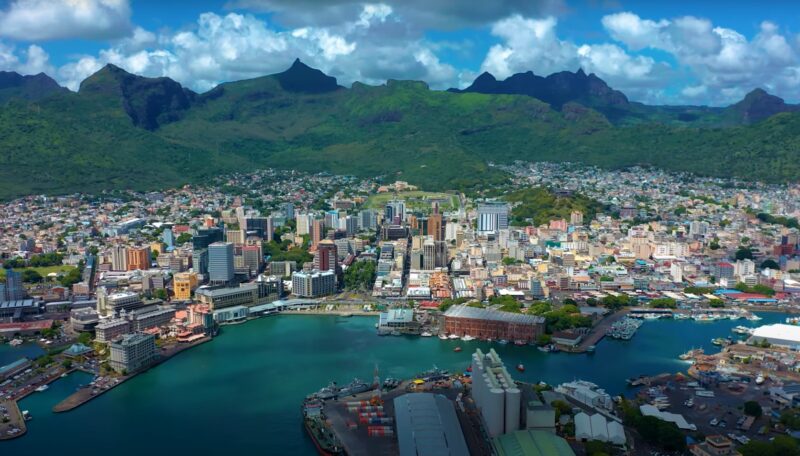
You’re Going to Love Port Louis! Yes, for sure. Located in the west Indian Ocean, Port Louis is one of the most developed cities in Africa, the capital and main port located in Mauritius.
Keep in mind that Mauritius is an island nation that welcomes visitors from all around the world.
You can tour the city and see some wonderful French colonial buildings, such as the Government House and the Municipal Theater.
Other main tourist attractions in Port Louis include the Caudan Waterfront, the Central Market, the 18th Century Police Barracks, and the Mauritian Chinatown.
Also, you can see The Jummah Mosque, Saint James Cathedral, and the Indian Tamil Temple.
The city of Port Louis is incredibly well-developed and has a long and magnificent history.
“Port Louis is a city that is full of opportunities, full of potential, full of promise. It is a city that is full of hope, full of dreams, full of aspirations.” – Ameenah Gurib-Fakim, Mauritian scientist and former President of Mauritius.
| City | Population | Average Salary (USD) |
|---|---|---|
| Johannesburg | The population of Johannesburg is approximately 5.6 million. | The average salary in Johannesburg is around 7,500 USD. |
| Cape Town | Cape Town has a population of about 4.6 million. | The average salary in Cape Town is approximately 6,500 USD. |
| Cairo | Cairo’s population is around 20 million. | The average salary in Cairo is about 3,600 USD. |
| Nairobi | Nairobi has a population of approximately 4.4 million. | The average salary in Nairobi is around 3,000 USD. |
| Lagos | Lagos has a population of about 21 million. | The average salary in Lagos is approximately 3,500 USD. |
| Dar es Salaam | Dar es Salaam’s population is around 6.7 million. | The average salary in Dar es Salaam is about 2,500 USD. |
| Casablanca | Casablanca has a population of approximately 3.5 million. | The average salary in Casablanca is around 5,500 USD. |
| Addis Ababa | Addis Ababa’s population is around 5 million. | The average salary in Addis Ababa is about 2,200 USD. |
| Luanda | Luanda has a population of approximately 3.2 million. | The average salary in Luanda is around 6,600 USD. |
| Accra | Accra’s population is around 2.3 million. | The average salary in Accra is about 2,000 USD. |
1. Abidjan, Ivory Coast
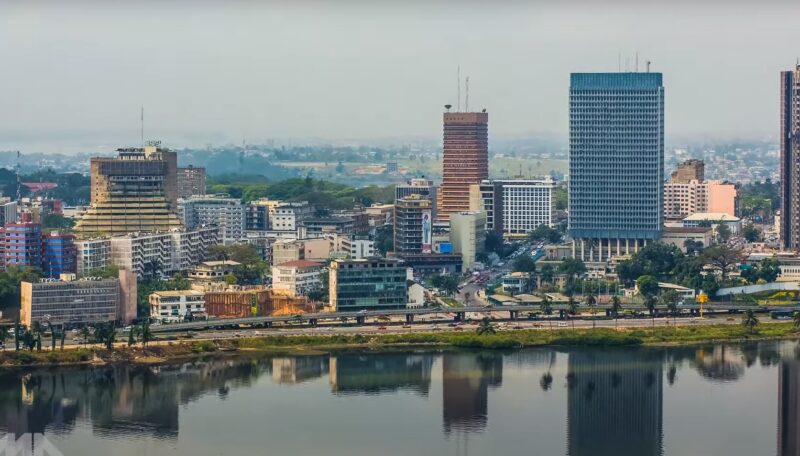
Experience Abidjan Côte D’Ivoire. It is the world’s top exporter of cocoa and raw cashew nuts, and the fourth-largest exporter of goods in sub-Saharan Africa after South Africa, Nigeria, and Angola, and has a significant manufacturing sector.
Ivory Coast’s capital, Abidjan, is a hub for international trade and investment. Abidjan ranks as one of the most developed cities in Africa because of its beautiful skylines and tourist attractions.
One of the most significant French-speaking cities in Africa, which was once a major trading center for the continent.
The city is 54.5% less expensive than New York (without rent).
“Abidjan is a city that is full of spirit, full of soul, full of heart. It is a city that is full of warmth, full of hospitality, full of generosity.” – Amadou Gon Coulibaly, Ivorian politician and former Prime Minister of Ivory Coast.
Why is Abidjan called the Paris of Africa?
In its golden days during the 1980s and up to the early 1990s, Abidjan, with its towering skyline and surrounding lagoon, was often referred to as “the Paris of West Africa” and its business district “the Manhattan of West Africa” because it was considered one of the foremost African cities in terms of fashion, culture.
Did you know that Abidjan is the city with the third biggest French speaking population anywhere in the world?
This amazing article takes you on a thrilling journey through the top 10 most developed cities in Africa.
It’s like you’re right there, exploring the bustling streets of Johannesburg, soaking in the ancient history of Cairo, and experiencing the vibrant cultures of these incredible African metropolises.
We wrote about unique features, attractions, and fascinating facts about the thriving economies of these dynamic cities.
And the best part?
It’s written with a touch of humor and a sense of adventure, making it a fun and engaging read for anyone interested in learning more about Africa’s most developed cities.
Trust us, you won’t want to miss out on this one!



